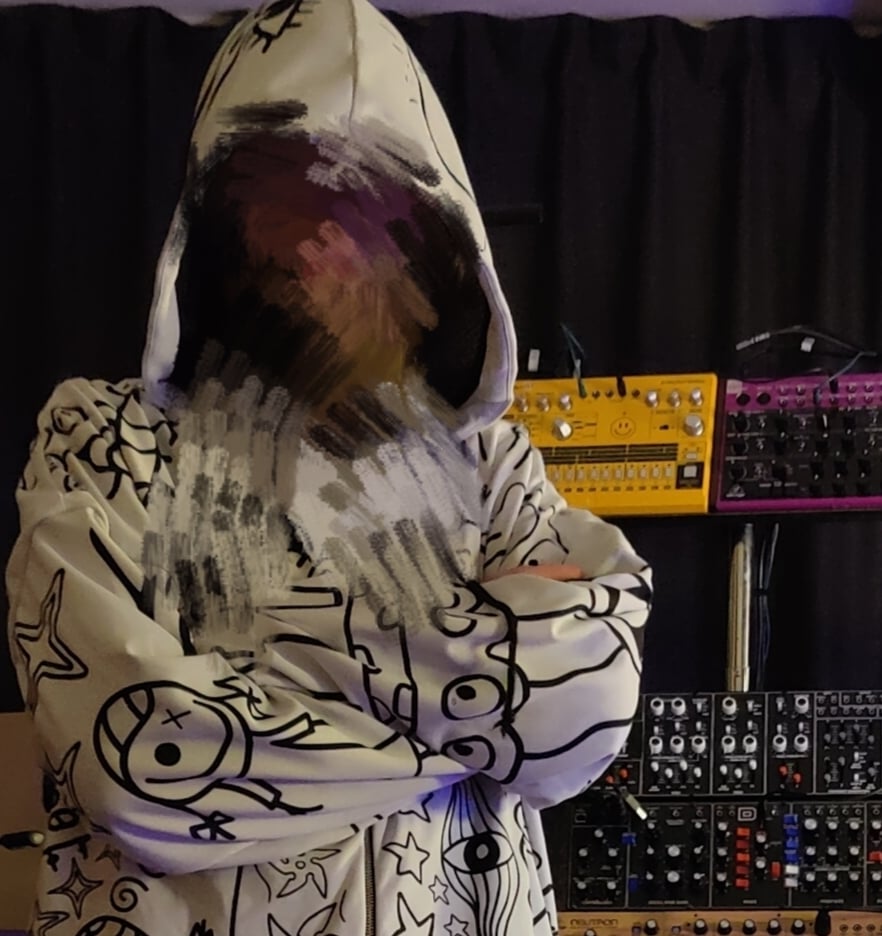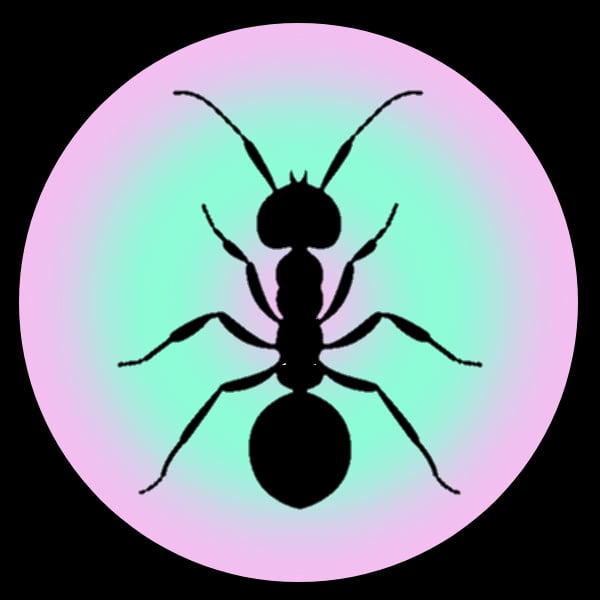It’s Afrikaans, not Dutch. It’s close though. We can understand written Afrikaans.
For non-speakers, it’s kind of like reading Scots as a monolingual English speaker. https://sco.wikipedia.org/wiki/Scots_leid
Did they ever fix the issue that an American teen used a hilariously bad interpretation of the Scots language to write thousands of articles on the Scots wiki?
https://slate.com/technology/2020/09/scots-wikipedia-language-american-teenager.html
https://old.reddit.com/r/Scotland/comments/ig9jia/ive_discovered_that_almost_every_single_article/
Only partially, unfortunately. There aren’t a lot of people who speak full on Scots, the majority of Scotland speaks a dialect of English with a handful of Scots vocabulary now. It’s an endangered language.
Funny. If you say the words out loud they’re much easier to understand.
It’s like reading a Nac Mac Feegle speaking.

That explains the neutral tone. It’s something important far away.
Also that newspaper is called “The Fatherland”.
It’s a pretty good hint of where they stand in the whole Left-Right political spectrum.
Which is super weird in it self. I mean, do South African white people call their colonist nation their “Fatherland”?
FYI- South Africa is kind of unique in that it was settled by a ruling class as opposed to the normal dregs like most other places.
The maintained their close relationship to home and superior status to their slaves/servants much longer than other places.
“mother country” or “motherland” is pretty common for descendants of European colonists/emigrees. I know Germans call it “fatherland” instead, probably the Dutch too
So this is a newspaper about Europe, I see
I think they call it the Volkstaat
Well, the Union of South Africa were participants in the war against Germany, so that’s still a bit weird. Don’t know about the affiliation of the magazine in question, but the support for joining the allies wasn’t clear cut, but only a narrow majority among the ruling white class.
There was a strong pro-Nazi contingent amongst (mainly) Afrikaans-speaking South Africans. That’s not to say by any stretch that Afrikaners were mostly pro-Nazi, though. Jan Smuts was an Afrikaner and was both a Field Marshal in the South African defence forces and the prime minister during WW2 - he wasn’t exactly pro-British (he fought against them in the second Boer war), but he was very strongly anti-Nazi.
Yes, just like Americans they think it’s their country and the original inhabitants have no place in their country.
It’s Afrikaans, not Dutch.
Hitler dood? Lekker bru!

Would you translate the bold text below the subtitles?
Alright this is what I understand as a dutchie
Hitler is dead and Dönitz is now the leader in Germany, a British newspaper writes today: “Never before in history has the perspective of peace been so ?? made a possibility of the long war”
The sentence structure is pretty confusing to me and I don’t know some words
Thanks you beat me to it.
Yeah it’s something like how abrupt the change of prospect is from an extended war to peace.
Obviously, he’s so dood.
Crude translation, trying to keep the word order the same.
Hitler’s death and Dönitz 's acceptance of rule in Germany led a British paper to write: “Never before in the history has the prospect of peace so suddenly changed to the possibility of a protracted war.”
I’m dood.
Wat nou?
Pussycat.

Hi dood, I’m alive
Fun fact:
In Dutch, two o’s make a long o sound. Dode. “oe” makes the “oo” sound.
What is “oo” sound if not long o sound? Sorry, not natives englishian.
Dutch “rood” is pronounced like English “road”.
Dutch “moed” is pronounced like English “mood”.
This is wild to me as an English speaker.
It’s simple:
-
One o makes a short o-sound,
-
two o’s makes a long o-sound
-
deleted by creator
Similarly, if a Dutch person ever asks you to “kiss my moist cunt” or (kies mijn mooiste kant), don’t take offence.
“Look at the sea” in finish (katso merta) means “dick shit” in Italian (cazzo merda).
I mean if it’s moist I’m doing something right. Right?
Depends. Is there any money involved?
I am stealing this.
That’s not Dutch. Related, Frysian or Afrikaans but not Dutch.
Hitler so dood
Truly one of the doods of all time.
I mean celebrating isnt gonna get you out of a post war collapse. So good job by the dutch?
So good job by the dutch?
Yes, if this was Dutch. It isn’t though, looks like Afrikaans to me.
I’m not seeing any double-A’s.
I think this might be an AI mockup of faux German.
Edit:
This doesn’t even faintly resemble German, so I doubt that.
The play was not fair, in Dutch: de plee was niet ver, means the toilet was not far away😏
Who is saying English is bad? You save yourself so much trouble not having to like genderize all the words.
I offer you Indonesian, which has a word for “he/she/they/it” (dia) but no words for “he” or “she”. Indonesian has words for older sibling (kakak) and younger sibling (adik) but it’s rare to specify the sibling’s gender. It ever has rude slang for “primary reproductive organ” (titis, among many others) without specifying wether it concerns a vagina or penis. TL;DR Indonesia is based.
Oh wow just like Turkish. Probably little sexism in Indonesia and none in Turkey, right?
Nah sexism across the board in both from what I’ve seen, but the language is dope
On top of that the grammar is far more regular than whatever bullshit the European languages have. The ber- prefix is always ber-. If you are talking about the past you say sudah instead of juggling with the verbs. No sing-sang-sung do-did-done and all that irregular stuff.
deleted by creator
Gender and cases allow you to write much more complex sentences, and make long and complex sentences easy to understand.
I require elaboration.
Read some speeches from Cicero for example (in Latin). Latin has six cases and three genders so while Cicero’s sentences often consist of multiple sentences and sub sentences with beautifully spread out sentence structures they’re still very clear and easy to understand (with sufficient Latin skills). Same for all modern languages with cases and genders (like German).
In English you only have one gender more or less (you do have he she it but in terms of referring to previous words (which, etc.) or linking attributes you only have one) and the case solely depends on where the word stands in the structure (leading to a fixed sentence structure and limited possibilities to refer back to previous words, so you have to repeat them more commonly).
I mean this is subjective. Asian languages let you play with words freely. When you don’t need agreement of verbs and subjects and nouns, you get to make a lot of puns and other kinds of wordplay. See Malay pantuns.
deleted by creator









